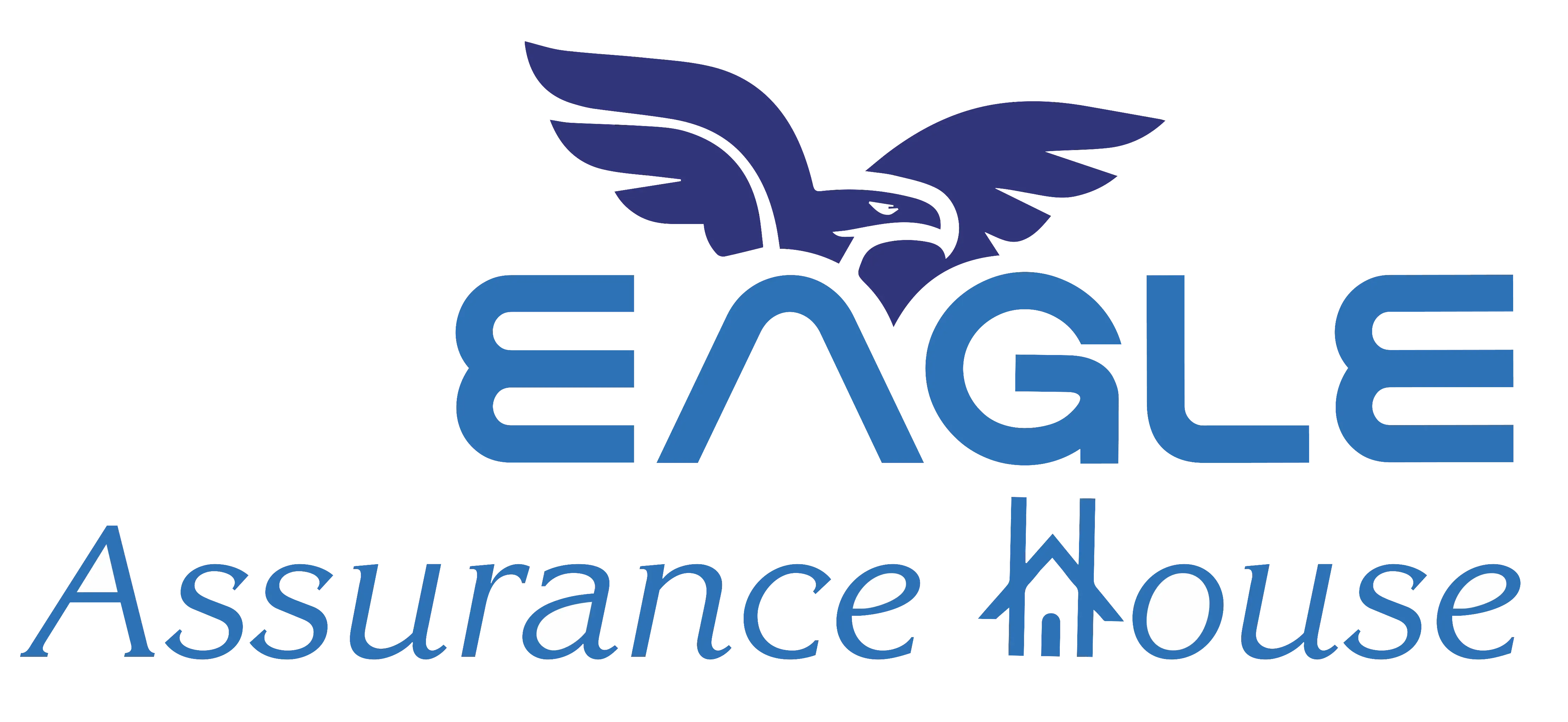
Monitoring and improving supplier performance.










Supplier management is key to optimizing procurement and operational success. By improving supplier performance and reducing costs, businesses can achieve sustainable growth and maintain a competitive edge.
Supplier management is the process of evaluating, monitoring, and improving the performance of suppliers to ensure they meet the company’s standards. It helps reduce risks, enhance product quality, and improve cost efficiency, leading to better procurement decisions and operational success.
By monitoring supplier performance and implementing risk management tools, companies can identify potential issues early, mitigate supply chain disruptions, and ensure compliance with regulations, thus reducing the risk of delays, recalls, or product failures.
Common metrics include on-time delivery, product quality, cost competitiveness, compliance with regulations, and responsiveness to issues. Regularly assessing these factors helps maintain high standards and drive continual improvement in supplier relationships.